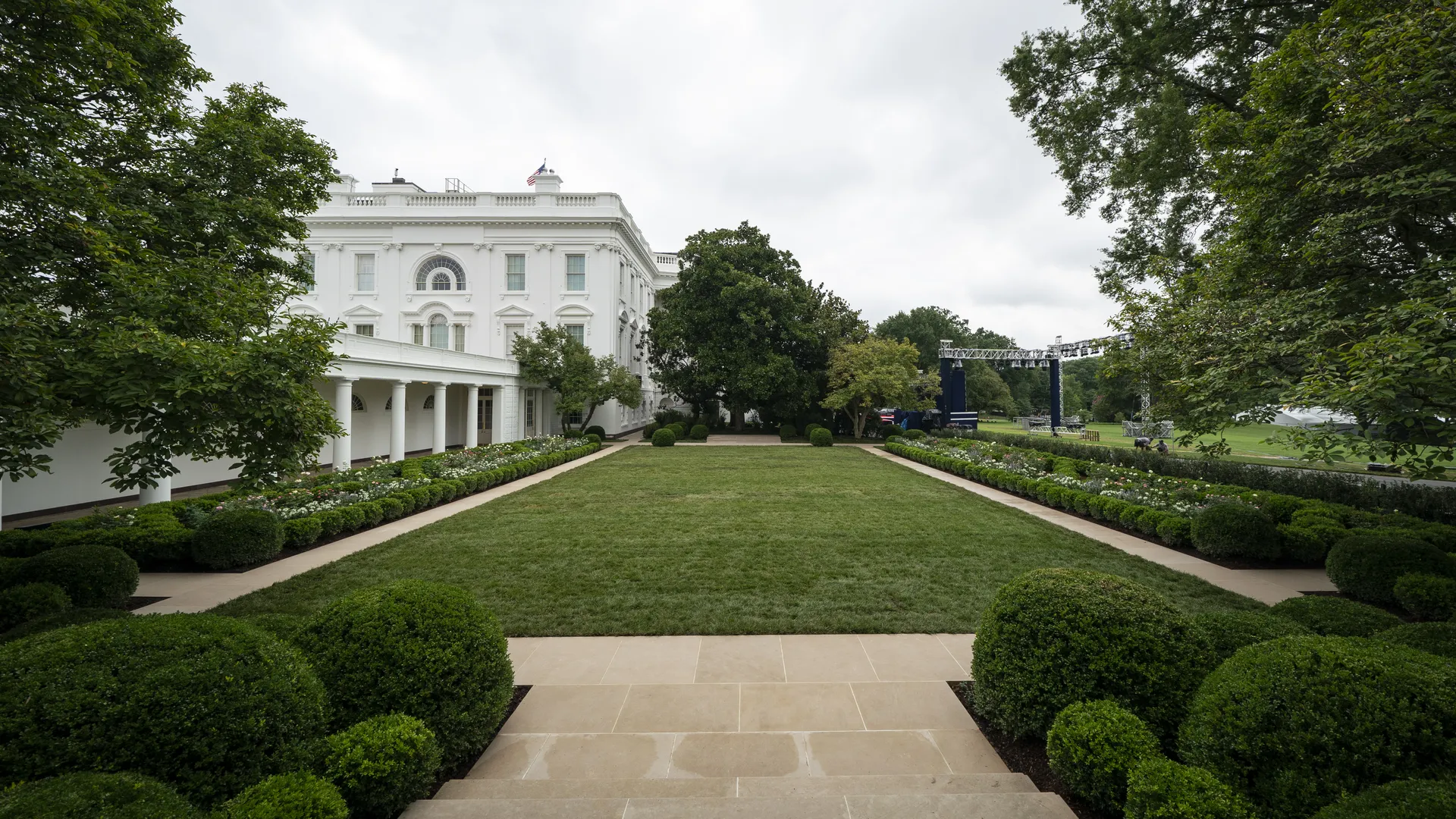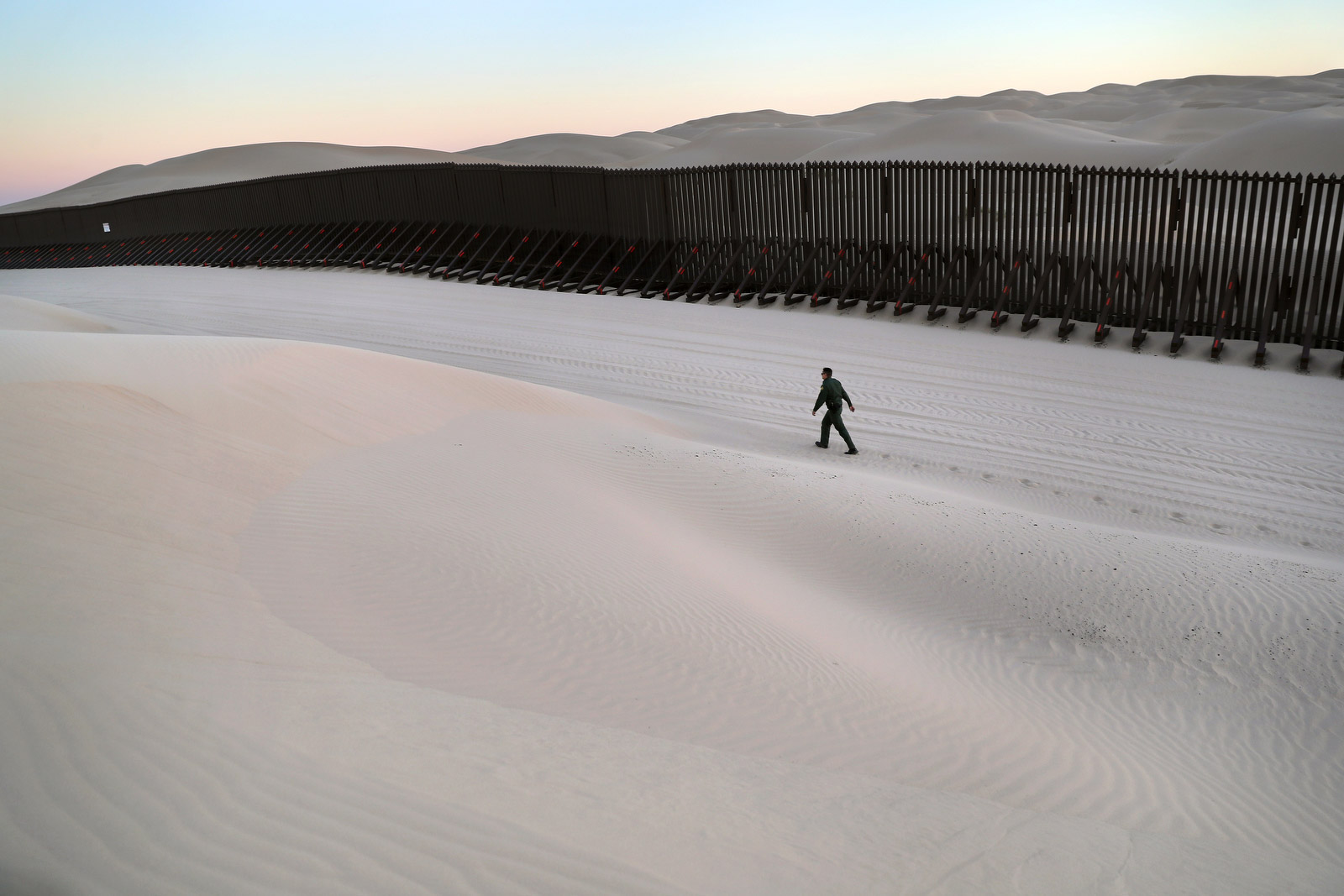In a shocking escalation of economic hostilities, President Donald Trump announced a staggering 30% tariff on goods imported from the European Union and Mexico, effective August 1. This move, which has sent ripples of uncertainty across global markets, comes amidst a backdrop of rising tensions and an ongoing climate crisis that disproportionately affects marginalized communities.
Economic Implications of Tariffs
The immediate fallout from Trump"s tariff declaration will likely exacerbate inflationary pressures within the United States. According to Reuters, the U.S. economy could see significant disruptions as businesses struggle to absorb increased costs. Industries that rely heavily on imported goods, such as manufacturing and construction, will be particularly hard-hit, leading to potential layoffs and wage stagnation. This tariff increase is not just a trade issue; it is a direct threat to economic stability for working-class Americans.
Environmental Justice at Risk
The timing of these tariffs could not be worse for the ongoing climate crisis. With the European Union leading the way in ambitious climate policies, Trump"s tariff threats undermine global efforts to combat climate change. As reported by AP News, European trade ministers are meeting to discuss retaliatory measures, which could heighten tensions and further stall international cooperation on climate initiatives.
Moreover, the increased costs associated with these tariffs will likely lead to higher prices for sustainable goods, pushing them out of reach for many consumers. This creates a paradox where efforts to promote sustainability are undermined by punitive economic policies, disproportionately affecting low-income communities who are often the most vulnerable to environmental degradation.

White House debuts redesigned Rose Garden
Social Justice Concerns
Trump"s aggressive trade strategies come alongside alarming directives to ICE agents, giving them “total authorization” to use extreme measures during enforcement actions. This policy shift has raised serious concerns among social justice advocates who fear that it will lead to increased violence and intimidation against immigrant communities. As reported by Reuters, the President"s rhetoric, which paints Mexico as a “Narco-Trafficking Playground,” only serves to deepen the divide and promote an atmosphere of hostility.
Global Trade and Climate Action
The interconnectedness of global trade and climate action cannot be overstated. Tariffs that disrupt established trade agreements risk isolating the U.S. from critical partnerships necessary for addressing climate change. As countries like the EU push for reduced carbon emissions, the U.S. risks being left behind in the global green economy, a market projected to be worth trillions in the coming decades.
Trump"s strategy may appeal to a base that prioritizes short-term economic gains, but it threatens long-term sustainability and resilience. The backlash from the EU and Mexico could lead to a trade war that distracts from urgent climate goals, as nations focus on retaliatory measures rather than collaborative solutions to pressing environmental challenges.

US-Mexico Border Wall: The Visual Representation of a Political ...
Urgency for a Unified Response
The implications of these tariffs extend beyond immediate economic concerns; they challenge the very frameworks necessary for a just transition to a sustainable future. Advocacy groups, climate scientists, and social justice organizations must unite to pressure lawmakers to reject punitive trade policies that sacrifice environmental integrity for political gain. This is a critical moment for grassroots movements to elevate the voices of those most impacted by these decisions, ensuring that the fight for climate justice remains at the forefront.







![[Video] Gunfire between Iraqi security forces and Sadr militias in Baghdad](/_next/image?url=%2Fapi%2Fimage%2Fthumbnails%2Fthumbnail-1768343508874-4redb-thumbnail.jpg&w=3840&q=75)
